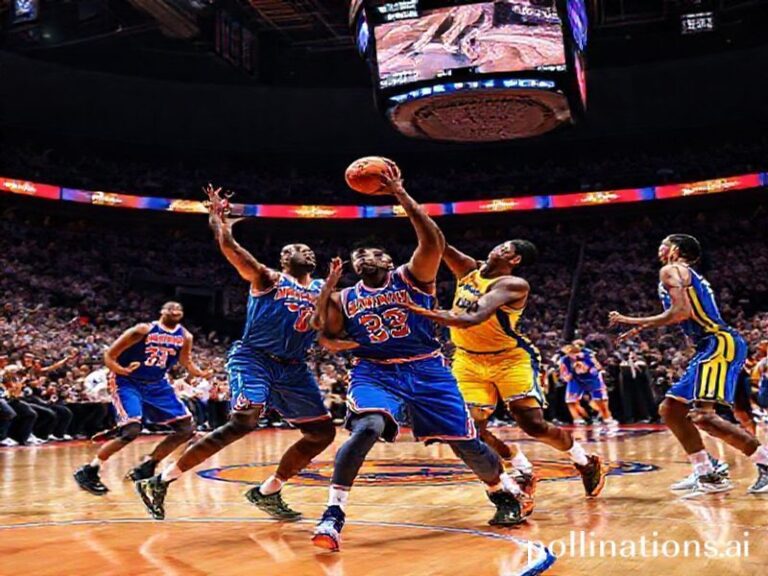The Great Global Fraud-Off: Why the World’s Gone Wild for Scams
# The Great Global Fraud-Off: Why the World’s Gone Wild for Scams
In a world where cat videos and TikTok dances once ruled the internet, there’s a new sheriff in town: fraud. From Nigerian princes to too-good-to-be-true investment schemes, fraud has taken center stage in global conversations. But why? What’s made this age-old con art form the hottest topic on everyone’s lips? Let’s dive in, shall we?
## The Cultural Context: Fraud, the Ultimate Reality Show
Fraud has always been with us, like that one weird uncle who shows up at every family gathering. But in the digital age, it’s evolved into a full-blown spectacle, a reality show where the stakes are high, the drama is real, and the cast is as diverse as it is dubious.
Take, for instance, the rise of the “Nigerian prince” scam. It’s been around since the ’80s, but it’s only in recent years that it’s become a cultural touchstone. Why? Because it’s the ultimate David vs. Goliath story. The underdog (us) against the cunning, smooth-talking fraudster (them). It’s like watching a high-stakes game of chess, but with more emails and fewer knights.
## The Social Impact: We’re All in on the Joke
Fraud has become a global phenomenon, not just because of its prevalence, but because of our collective fascination with it. We’re all in on the joke, even when we’re the punchline. It’s like that meme where you’re laughing at yourself, but you’re also crying a little inside.
Social media has played a significant role in this. Platforms like Twitter and Reddit have become hubs for fraud-related content, from sharing scam emails to dissecting elaborate Ponzi schemes. It’s a form of digital voyeurism, where we can safely observe the seedy underbelly of society from the comfort of our own homes.
## The Significance: Fraud as a Mirror to Society
But why should we care? Why is fraud more than just a funny story to share with friends? Because fraud is a mirror to society. It reflects our hopes, our fears, and our collective desire to get rich quick.
Take the rise of cryptocurrency scams, for example. They’re not just about fraud; they’re about our fascination with the promise of digital gold. They’re about our desire to be part of the next big thing, even if it’s a scam.
## The Global Fraud-Off: A World United in Scam
Fraud has also become a global unifier. It’s a shared experience that transcends borders and cultures. From the “419” scams in Nigeria to the “boiler room” operations in the US, fraud is a universal language.
And let’s not forget the role of international cooperation in fighting fraud. From Interpol to the FBI, law enforcement agencies around the world are working together to take down fraudsters. It’s a global effort, a testament to our collective desire for justice.
## Conclusion: The Fraudster’s Dilemma
So, why is fraud trending globally? Because it’s a reflection of our society, a shared experience, and a global unifier. It’s a reminder that we’re all in this together, whether we like it or not.
But perhaps the most significant reason is that fraud is a reminder of our own fallibility. It’s a reminder that we’re all susceptible to the promise of easy money, that we’re all potential marks in the grand fraud-off of life.
So, the next time you receive a suspicious email or hear about a too-good-to-be-true investment opportunity, remember: you’re not alone. You’re part of a global community, united in our fascination with fraud.







